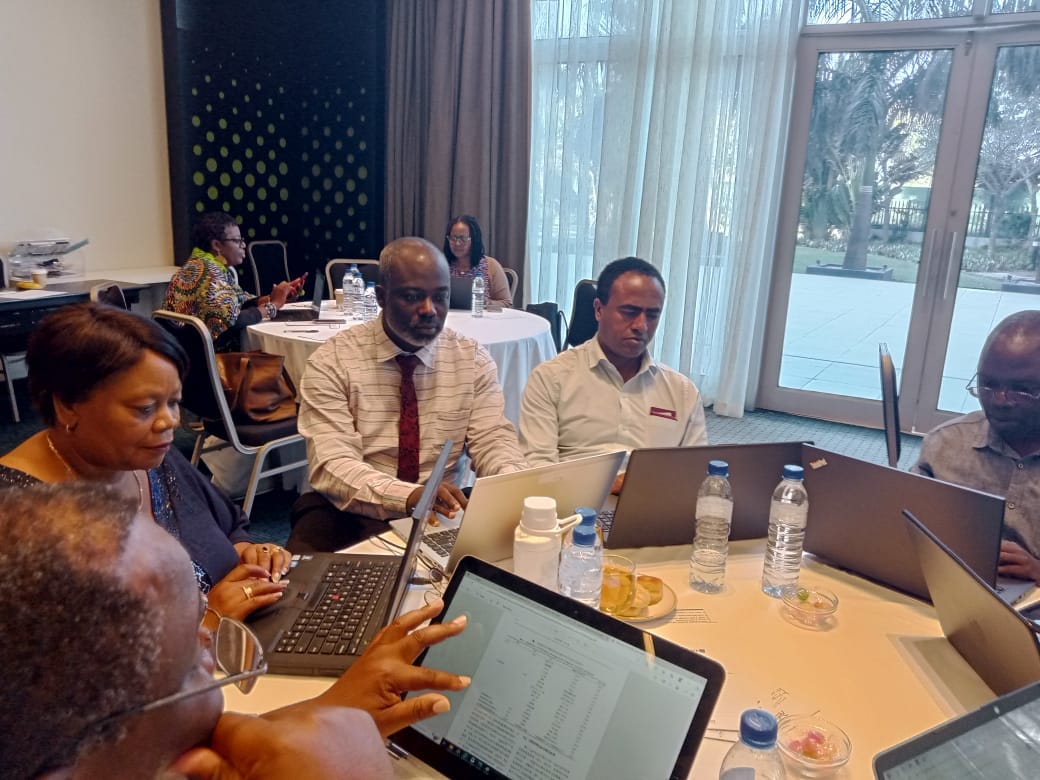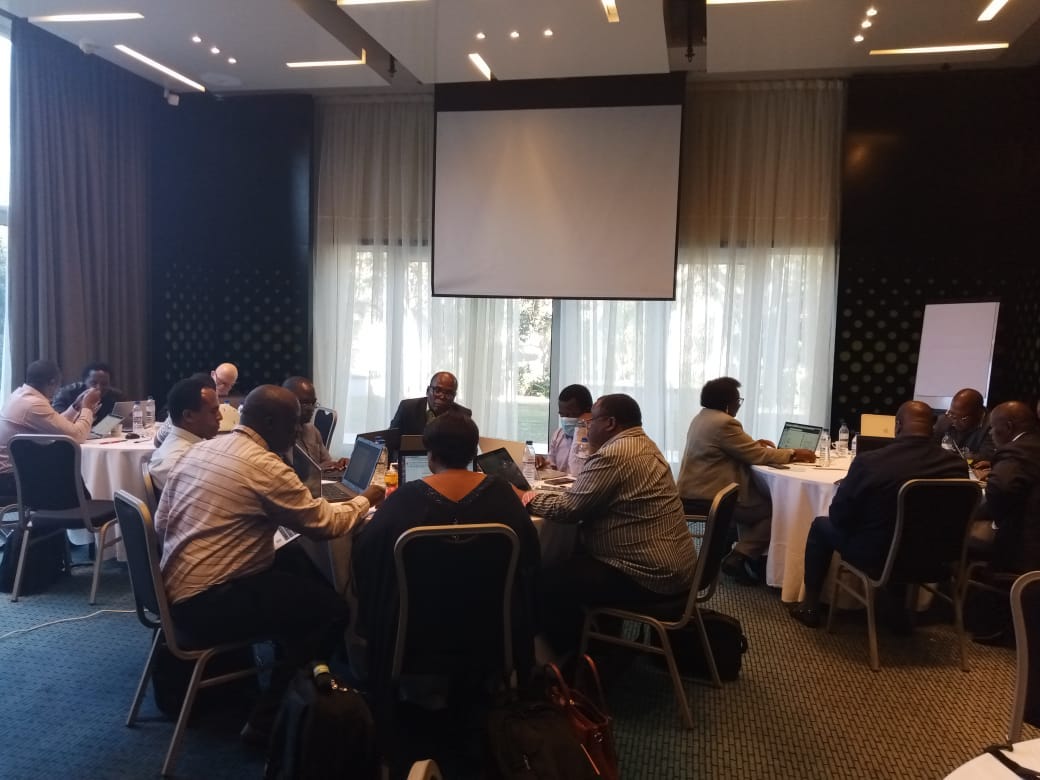World Renowned Microbiologist Calls for Gene Editing Technology in Agricultural Transformations
Professor Charles Oluwaseun Adetunji emphasizes the significance of gene editing technology in addressing global hunger and agricultural sustainability.
Maputo, Mozambique – Professor Charles Oluwaseun Adetunji, a world-renowned microbiologist and biotechnologist, has emphasised the importance of gene editing technology as a key game changer in global agricultural transformations, writes Winston Mwale.
During an interview held in Maputo, Mozambique, as part of the African Union Development Agency (AUDA)-New Partnership for Africa's Development (NEPAD) (AUDA-NEPAD) GEd Communication and Advocacy Training Modules Development, Professor Adetunji highlighted the pressing global issue of population growth.
With projections indicating that the world's population will reach 9 billion by 2050, he emphasised the urgent need for strategies that effectively reduce hunger and improve nutrition on a global scale.
Professor Adetunji's advocacy aligns with the goal of ensuring food security for all and promoting sustainable agricultural practises to address the challenges posed by this anticipated population growth.
His insights contribute to the ongoing discussions and efforts to develop practical solutions for this critical issue.
“The application of innovative technology, driven by recent advances in science and technology, is crucial to achieving these transformations,” he said.
He said gene editing technology, such as clustered regularly interspaced short palindromic repeats (CRISPR)-CRISPR-associated protein 9 (Cas9), transcription activator-like effector nucleases (TALENs), zinc-finger nucleases (ZFNs), and homing endonucleases or meganucleases, represents a significant advancement in the fields of computational biology, genomics, and bioinformatics.
These techniques, he said, have broad applications in animal breeding and crop improvement, offering potential solutions for food security, improved feed efficiency, disease and pest resistance, and mitigation of biotic and abiotic stresses.
“Additionally, they can contribute to the reduction of methane and nitrogen emissions in livestock, fostering agricultural sustainability and meeting the needs of a growing population. Furthermore, gene editing tools can contribute to maintaining a healthy environment and ensuring the well-being of both humans and animals,” he said.
Addressing the economic impact of gene editing technology, Adetunji stressed the importance of evaluating the new breeds of crops, particularly their availability to small-scale farmers in developing countries.
He also highlights the need to address ethical and social concerns, ensuring transparency and public trust in researchers implementing genome editing technology.
“This involves assessing the distribution of benefits and risks, addressing cultural values, and considering animal welfare and intrinsic ethical concerns during product development,” he said.
Expressing his appreciation to the Mozambique government for convening experts in genome editing from Ghana, Nigeria, Malawi, Ethiopia, Kenya, and other countries, Adetunji commended the collaborative efforts to develop Genome Editing Training Materials and Curricula.
“This initiative plays a significant role in building the necessary human capacity across Africa,” he said.
During the curriculum development process, Professor Adetunji put forth several suggestions:
1. Encouraging collaboration between universities, research institutes, and seed industries.
2. Facilitating the creation of intellectual properties within universities and research institutes.
3. Encouraging government and policymakers to engage in translational research for the rapid development of Africa.
4. Revisiting and integrating genome editing technology into university curricula, covering Genome Editing Science, Application and Trends, Biotechnology Regulations (Biosafety), Communication of Biotechnology Products, Product Development/Applied Science, Regulation and applied science, regulation, and biosafety, as well as Commercialization and Intellectual Property.
Professor Adetunji's recommendations aim to foster a comprehensive understanding of genome editing technology and its implications, ensuring Africa's active participation in the agricultural advancements of the future.
*Professor Charles Oluwaseun Adetunji is a world-renowned microbiologist and biotechnologist, currently serving as the Dean of the Faculty of Science at Edo State University Uzairue in Nigeria. In addition to his academic role, he also holds the prestigious position of President of the Nigerian Bioinformatics and Genomics Network (NBGN).





